Friday in 1970, About 52 years ago on a small liberal arts college campus, two prospective students, Phil Malkinson ‘74 and Bruce Mac Murray ‘74 toured Knox College only to encounter one of the buildings taken over by a group of student protestors.
MacMurray recalls his tour guide’s words, “There’s a revolution taking place and students have taken over the President’s office and are mimeographing all kinds of demands, handing leaflets out the window.”
As they entered the historic Old Main they encountered Students Are Revolting (SARS). On May 15, a small group of students between 15 and 30 occupied the offices of Dean Lewis Salter and Associate Dean Donald Sanville around 3:55 p.m.
Students taking over Old Main in 1970, Galesburg, Illinois. Knox College Archives
In May of 1970, Knox students became a part of the National Student Strike when President Nixon announced that American forces had invaded Cambodia in an effort to disrupt North Vietnamese supply lines. This secret widening of the Vietnam conflict drew criticism around the world and fierce protests from antiwar activists in the United States, especially on college campuses. Some colleges suspended classes and some remained closed for the remainder of the school year.
McMurray mentions a conversation between his tour guide and Dean Salter in Old Main during the protest where Dean Salter remarks that he was happy to see the student activism towards the ongoing events in the country.
It was not the largest or the most visible Knox campus protest of the late early ‘70s, but it offers an insight into the processes of how strongly Knox students associate and concern themselves with matters pertaining to justice, equality, and freedom.
John Podesta ‘71, one of the occupiers of Old Main remarks, “I think that a dramatic action needs a dramatic response.”
Ivan Harlan, Dean of students in 1970 had a conversation with the occupiers that led to a summarization of their “demands.” The students wanted more say in their Knox lives, exercising the right of students to perform administrative functions, and bringing out issues, and provoking student consciousness. The delegates for the occupiers were William Holway ‘70, Howard Wishne ‘71, and Podesta.
“I was part of the original group that thought it was going to be a good idea to demand that the administration shut things down, turn its attention, and create a 100% focus on the campus of the escalation of the war, and the need to end it,” recalled Podesta.
In an interview with Owen Muelder ‘63, Director of the Knox College Underground Railroad Freedom Center, he states what SAR expressed, “saying things like the old administration is now gone. We are the administration, we speak with, for the students because we want student power.”
Holway read a three-page statement that included their demand to call for a general strike lasting three days—Monday, May 18 until Wednesday, May 20. The general strike should also mean the cancellation of regular academic activities. Occupiers argued that the faculty continues to think that lecturing and exchanging views is enough. Some advocated canceling classes or allowing students to take “incompletes” for the rest of the spring term.
In the interview with Podesta, he reminisced on the fact that he was friends with the Dean, and “it was emotionally at some levels difficult because I think a bunch of these people [Dean Sanville, Dean Salter, Dean Harlan] who, I think felt really offended by what we were doing, were people who we respected, and we’re friends with, but we did it because we thought it was important to do.”
Even though there was fear running through these young minds, the occupiers were determined and came back to the feelings of anger and desperation: “Everyone knew that we can get thrown out of school. If nothing else, maybe get evicted by the police if they [administration] wanted to call in the police,” said Podesta.
Looking at how other colleges handled the situation, there seemed a certain possibility of evicting the student protestors from the Knox campus. “I think that everyone contemplated the administration, really not the faculty, had the capacity and the authority to toss us out of school. And that seemed like a risk worth taking, or what an acceptable posture to exercise the strong voice that we thought we were giving to the anti-war movement,” Podesta added.
Students taking over Old Main in 1970, Galesburg, Illinois. Knox College Archives
However, a statement was signed by Steve Floyd ‘70 and Chris Martin ‘71 on behalf of a small group of students, opposing any stoppage of classes and entertaining their rights to education.
Around 500 to 600 students gathered in Harbach Theatre to express their right to education, “if you want to strike or not go to class, fine, but don’t interfere with my right to go to class, if I want to.” Knox faculty’s approach toward both the occupiers and their concerns proved to be flexible, but not fragile. They did not abandon the traditional curriculum of classes; they participated in month-long campus-wide discussions on the Vietnam War and other issues of concern to students. Looking back to his time as one of the occupiers, Podesta states, “We had the majority, but they had a pretty significant minority,” said Muelder.
On Sunday at 2:00 a.m. the occupiers had non-violently left Old Main and participated in the general strike the following week. No disciplinary action was taken against the occupiers.
Malkinson states in an article from TIME Magazine, “if it could happen at Knox, it could happen anywhere.”

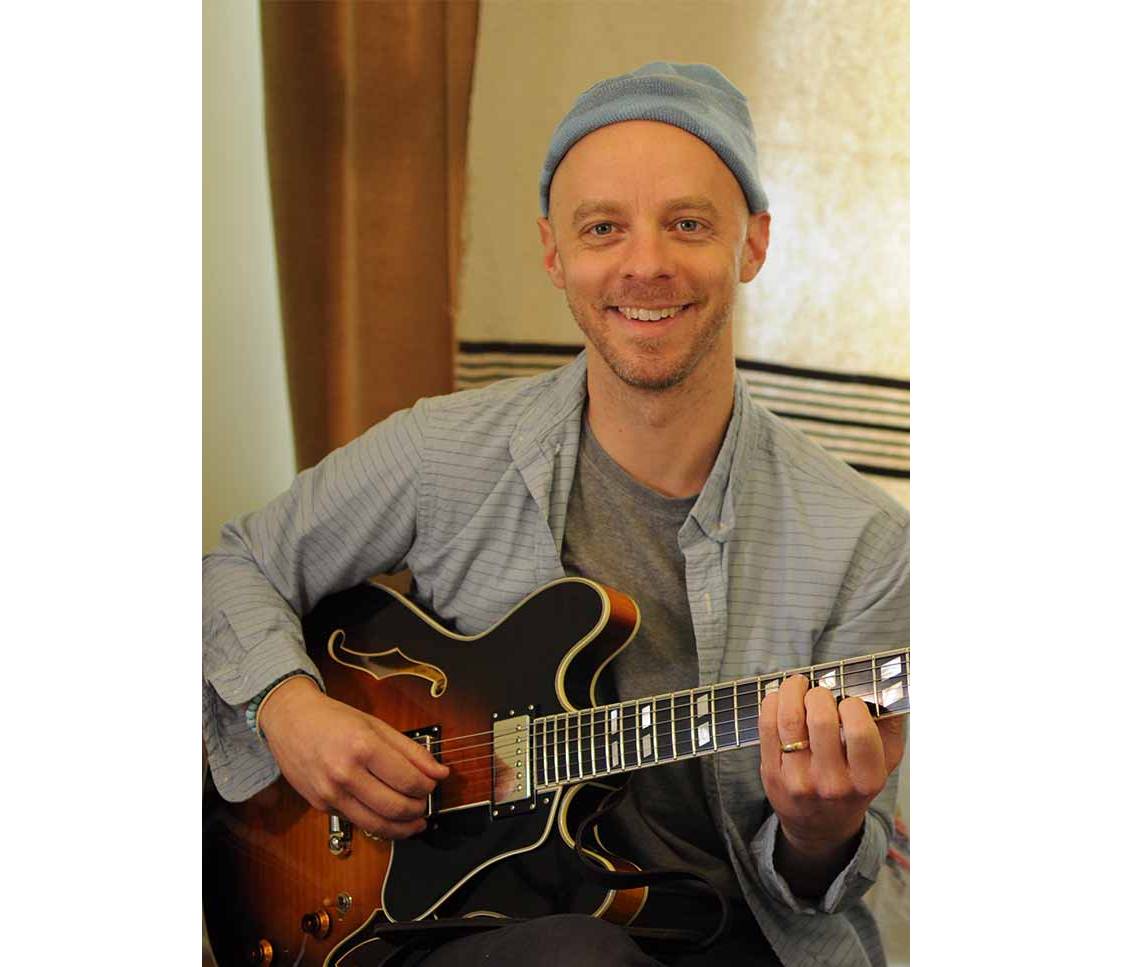
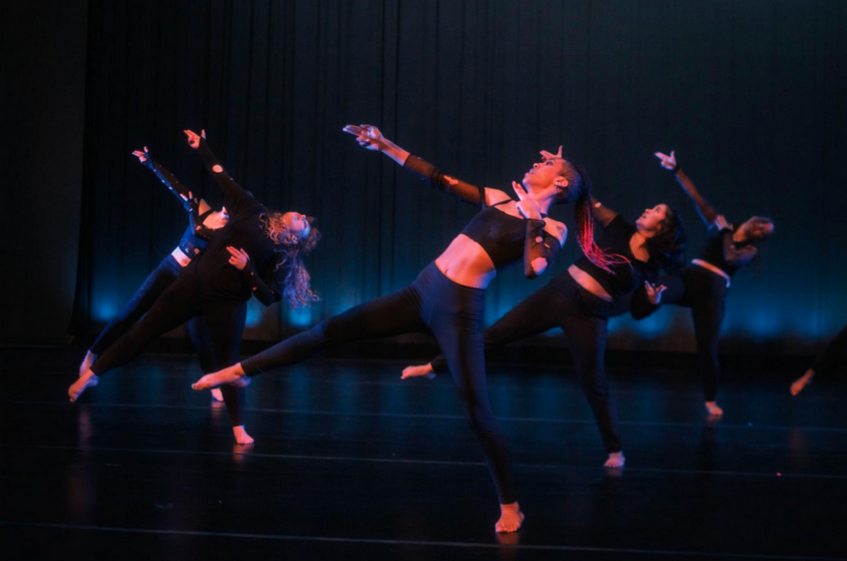
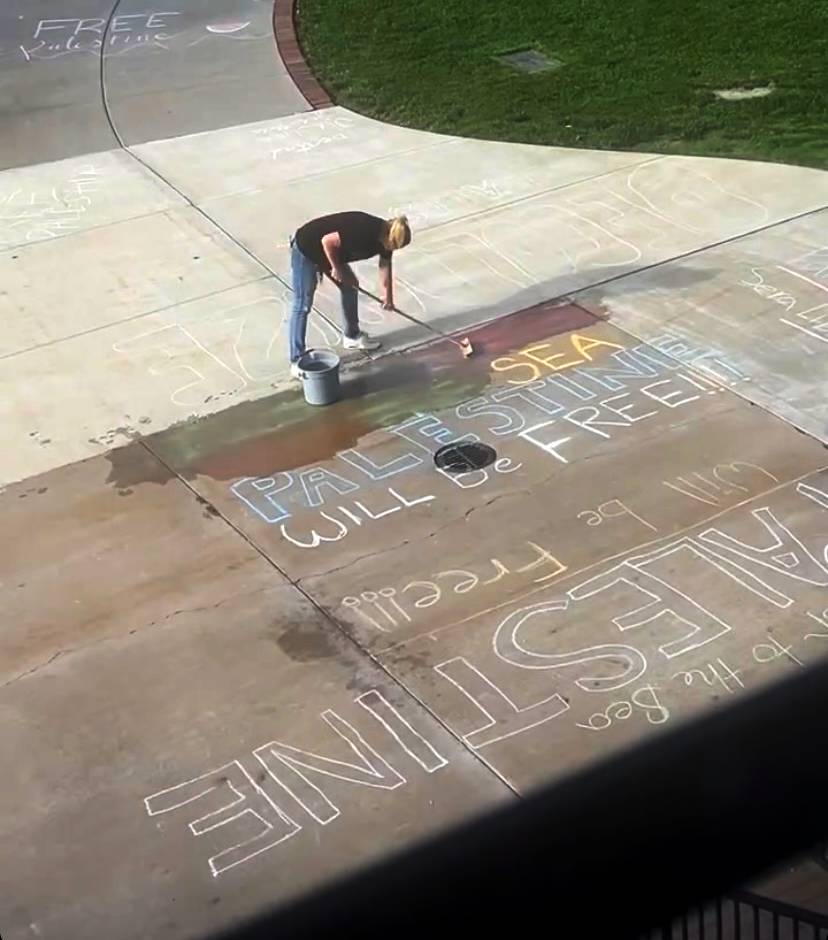
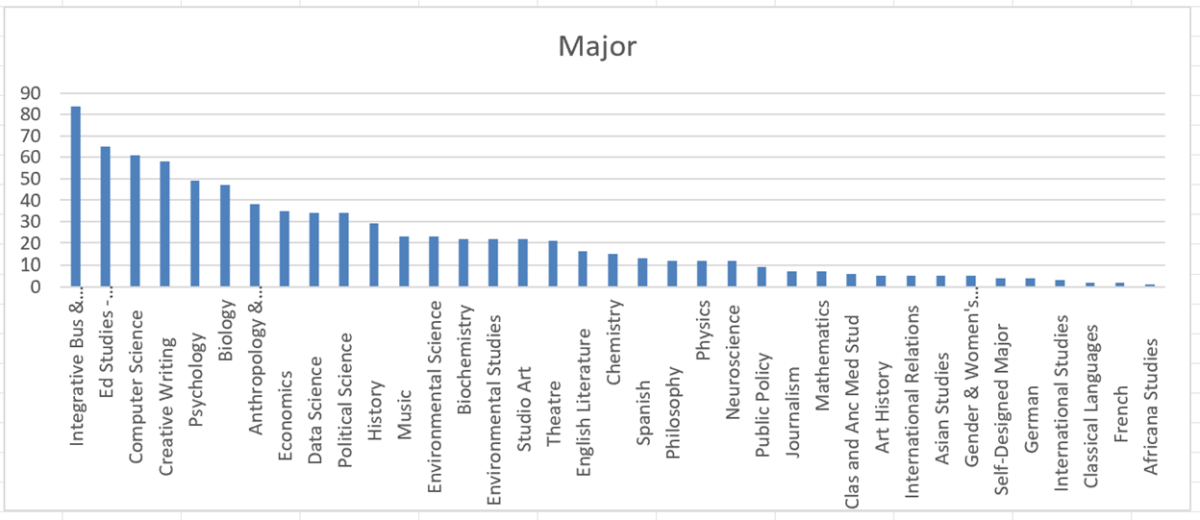
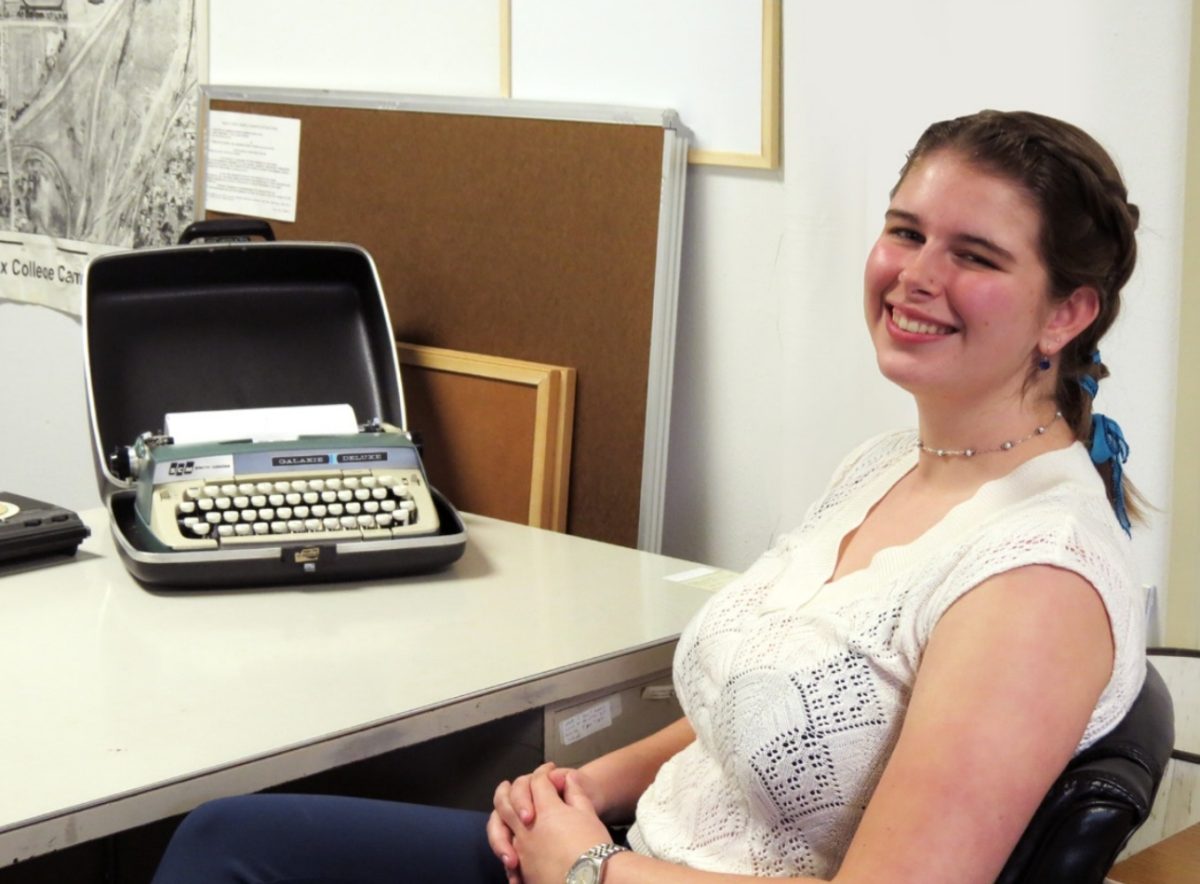
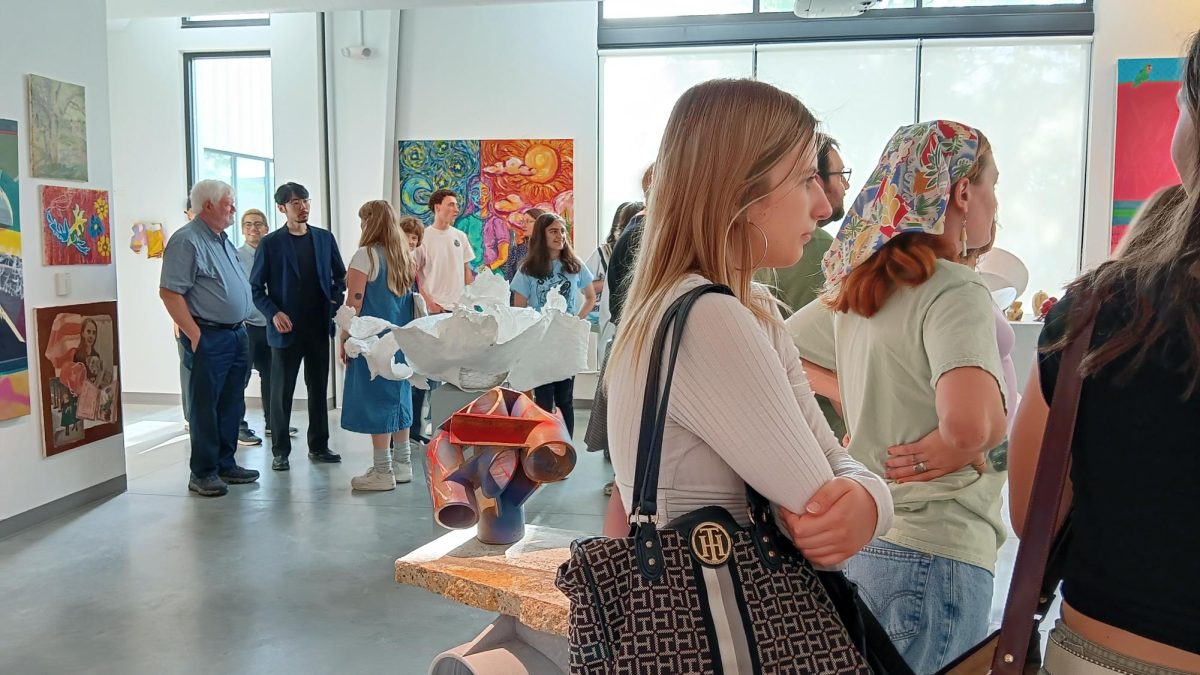
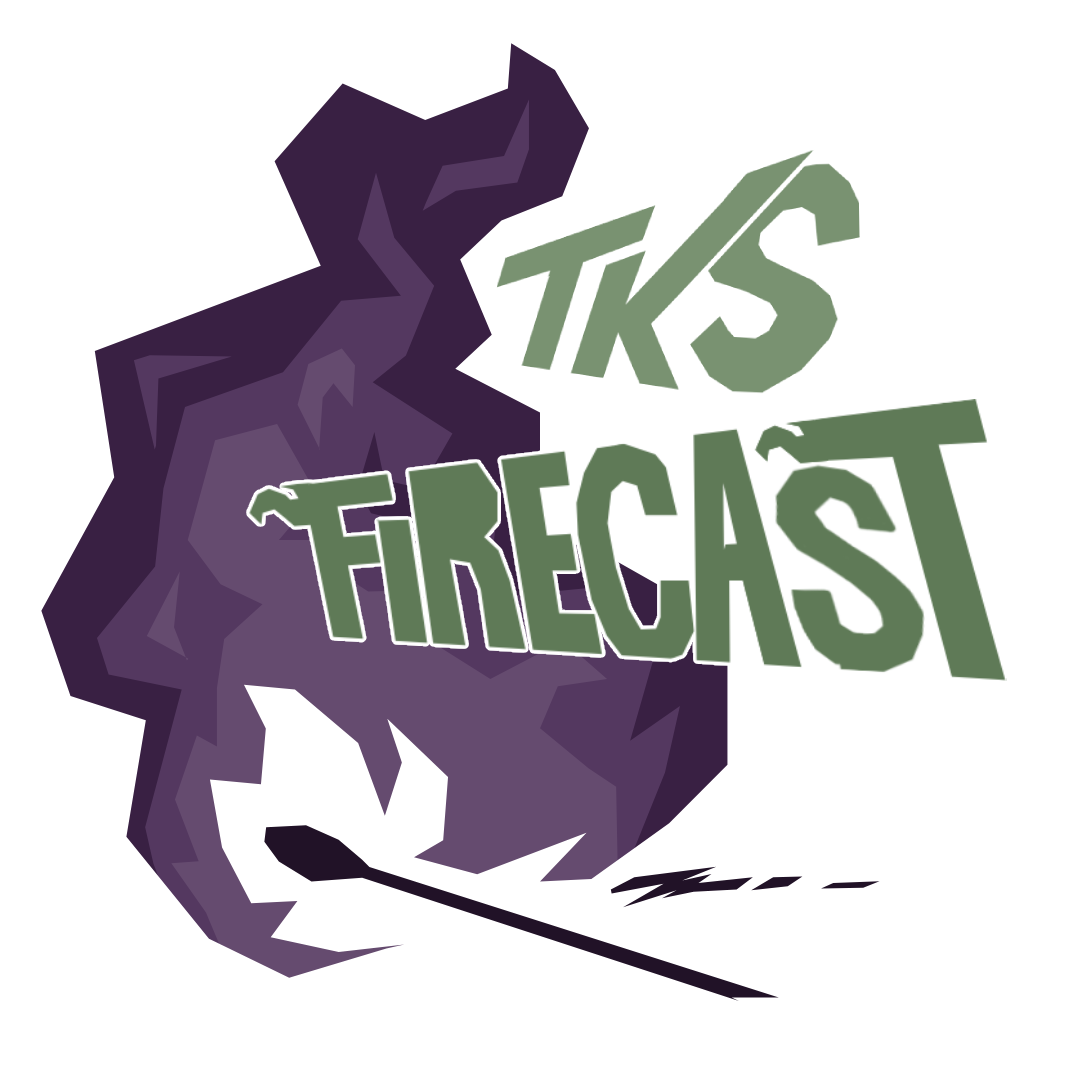
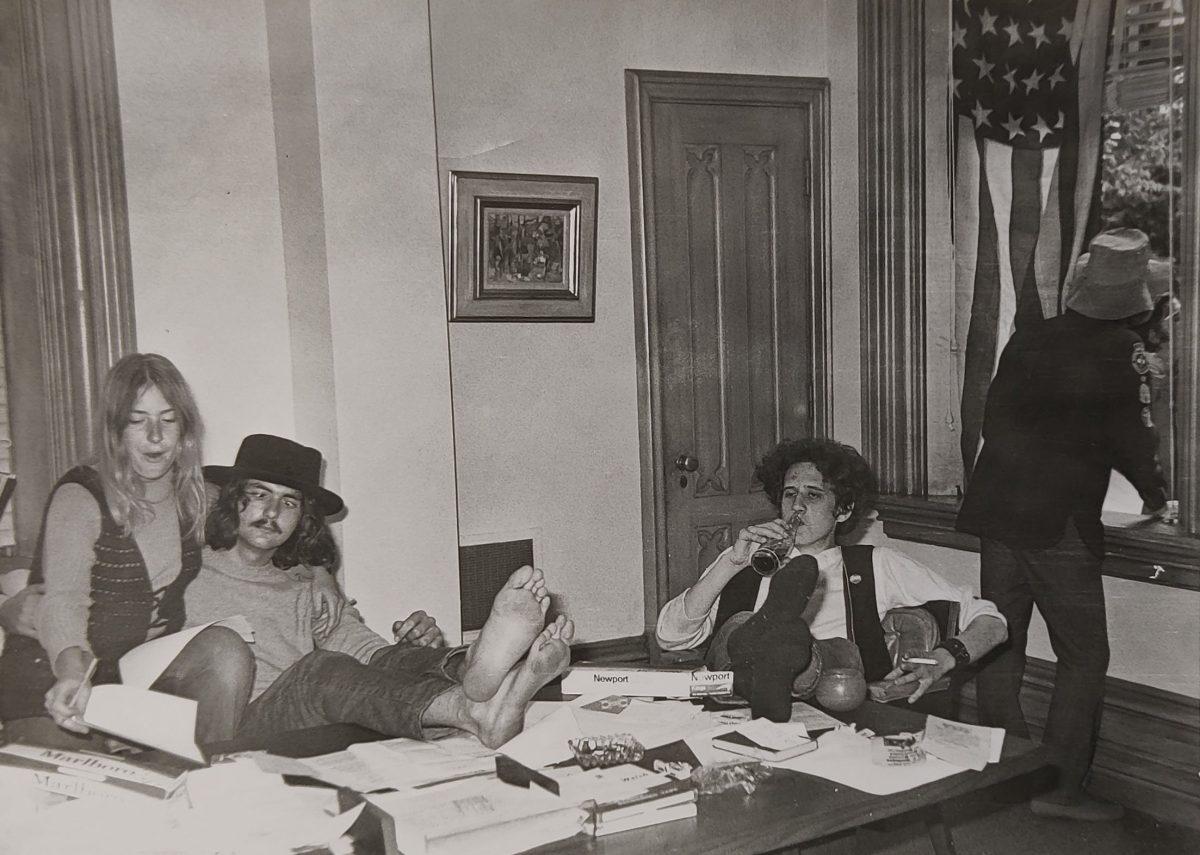


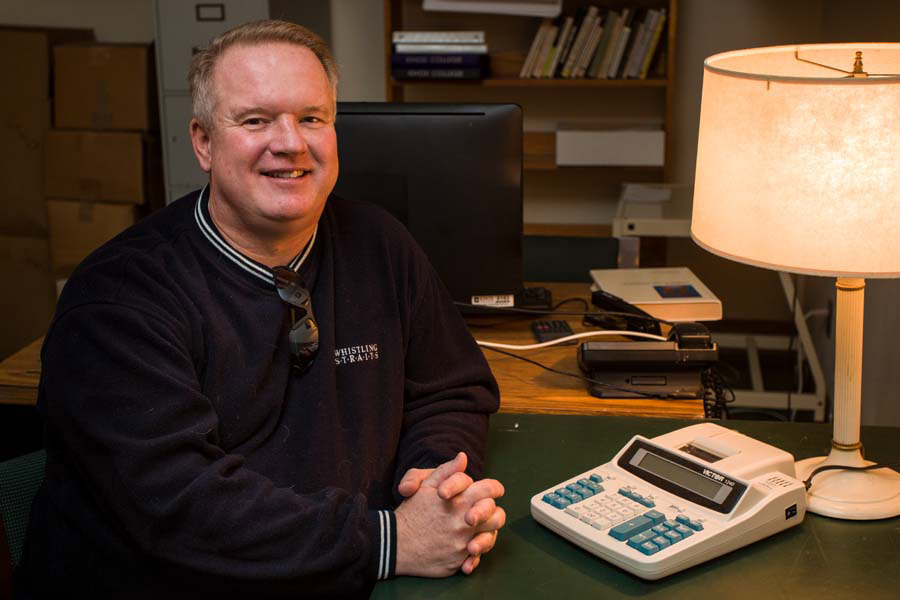
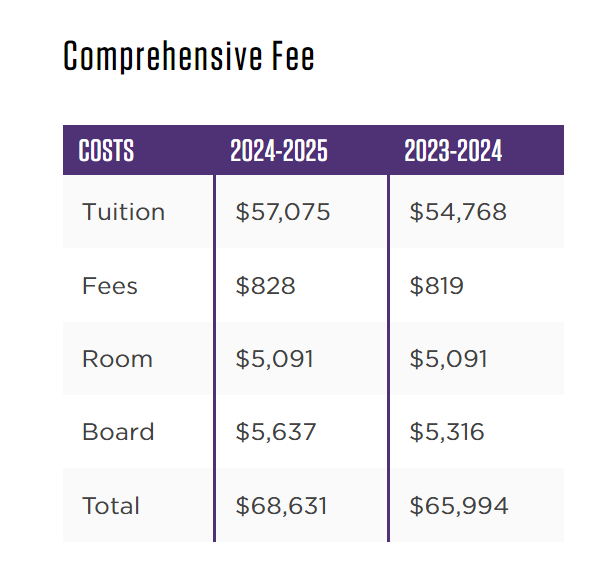
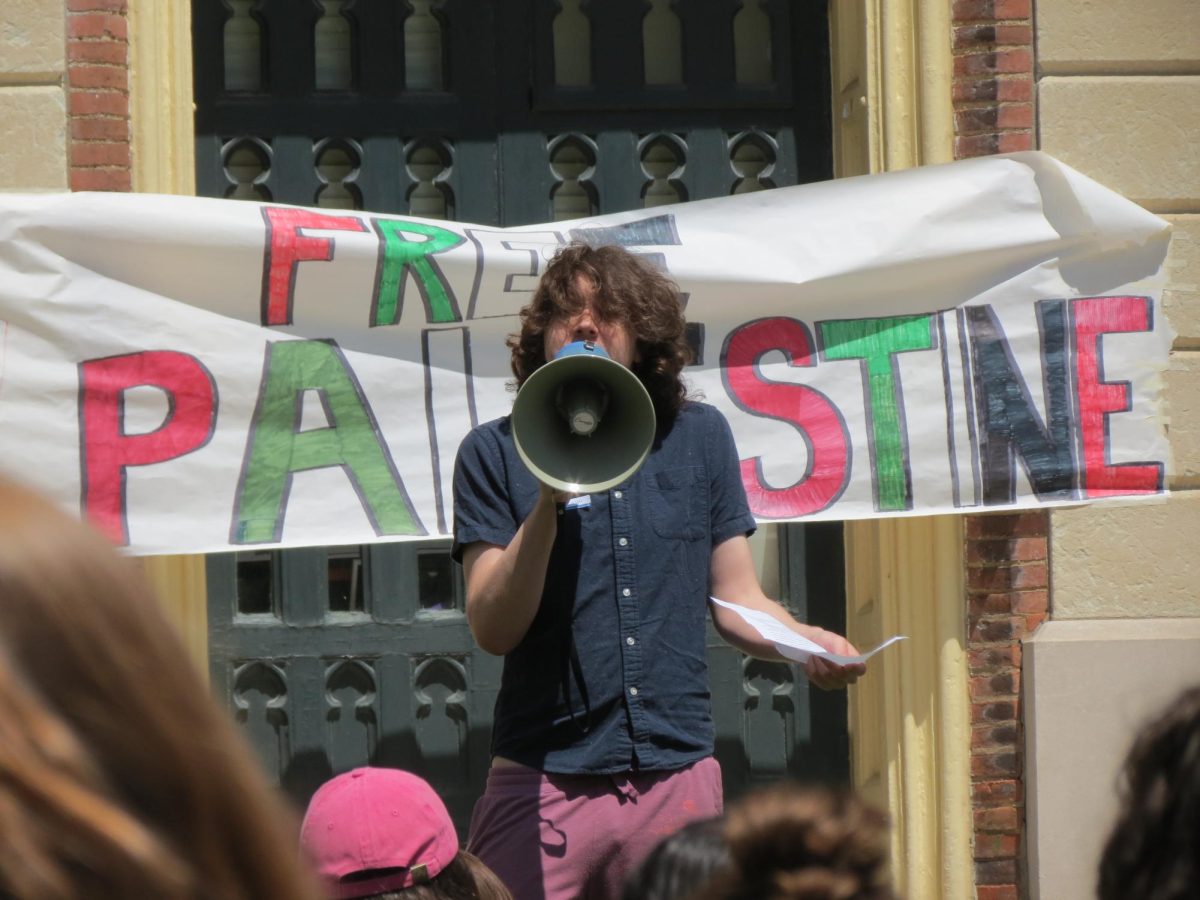
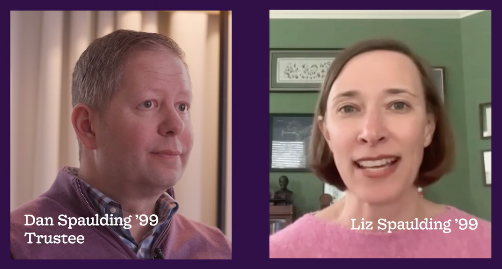
William Goldberg’71 • Oct 15, 2023 at 4:58 pm
I was the Intrafraternity council (IFC) president at the time the protest occurred. Dean Harlan called me to say that a protest has started with the occupation of Old
Main, but it would be done before the start of classes on Monday and he hoped that the fraternity members would not try to do anything rash like retaking the offices. Of course they didn’t and there were fraternity members like Jerry that participated in the protest.
Jerry Tatar '71 • Feb 14, 2023 at 5:32 pm
I was one of the "occupiers" starting on Friday. What should also be mentioned is that the administration met with the occupying students on Saturday morning and did so in a very positive and collaborative manner. It was agreed to offer seminars on the war and other issues and to make classes optional for those three days. Students were also permitted to take incompletes in their classes in order to engage in political action. I know that because I did take the incompletes and spent time meeting with officials in Springfield about environmental issues and the contamination of water in Galesburg. This was also written up in the Register-Mail. Knox turned what could have been a confrontational matter in to an educational experience where war related issues were discussed and no one had to miss class.
do